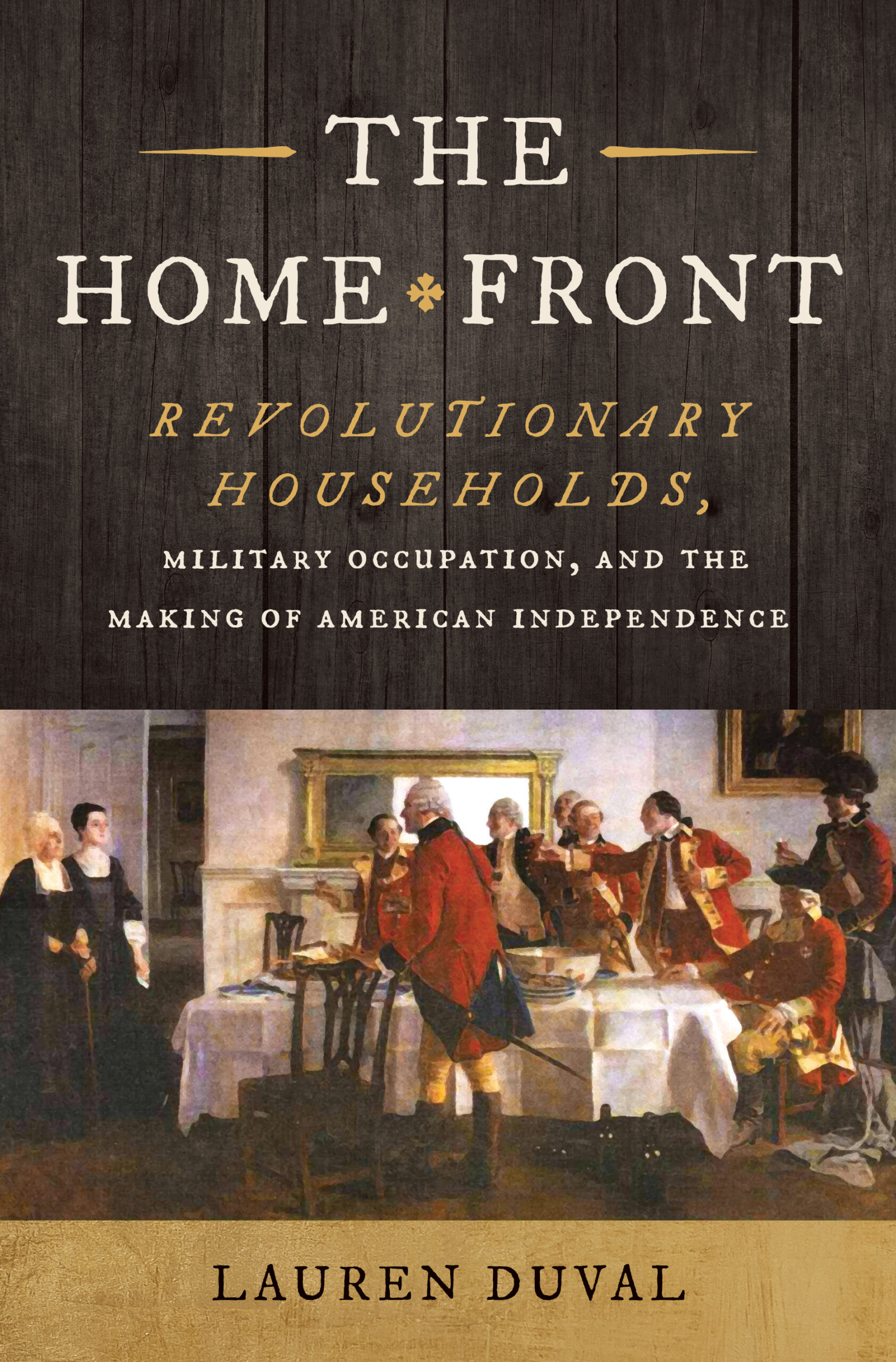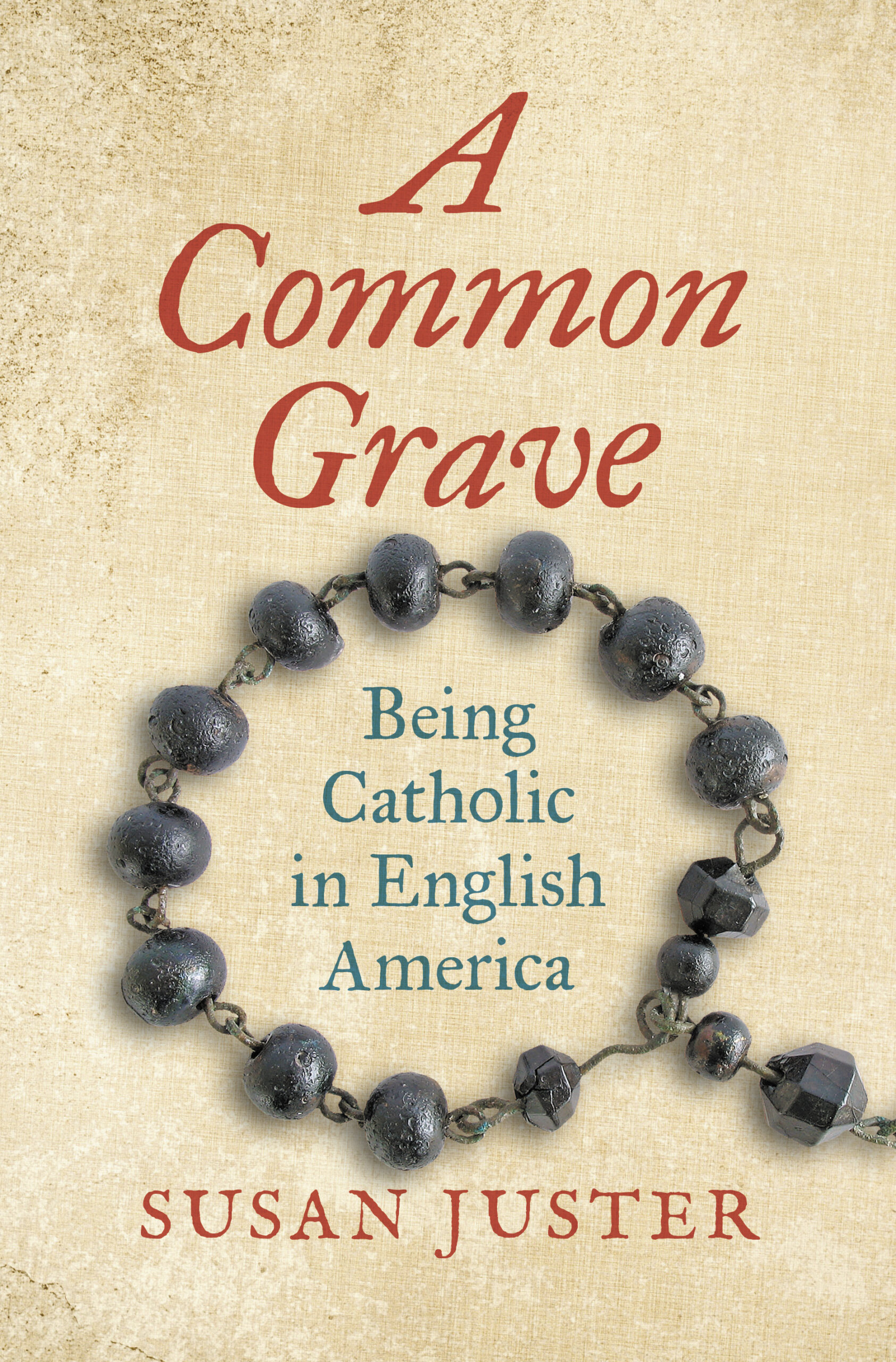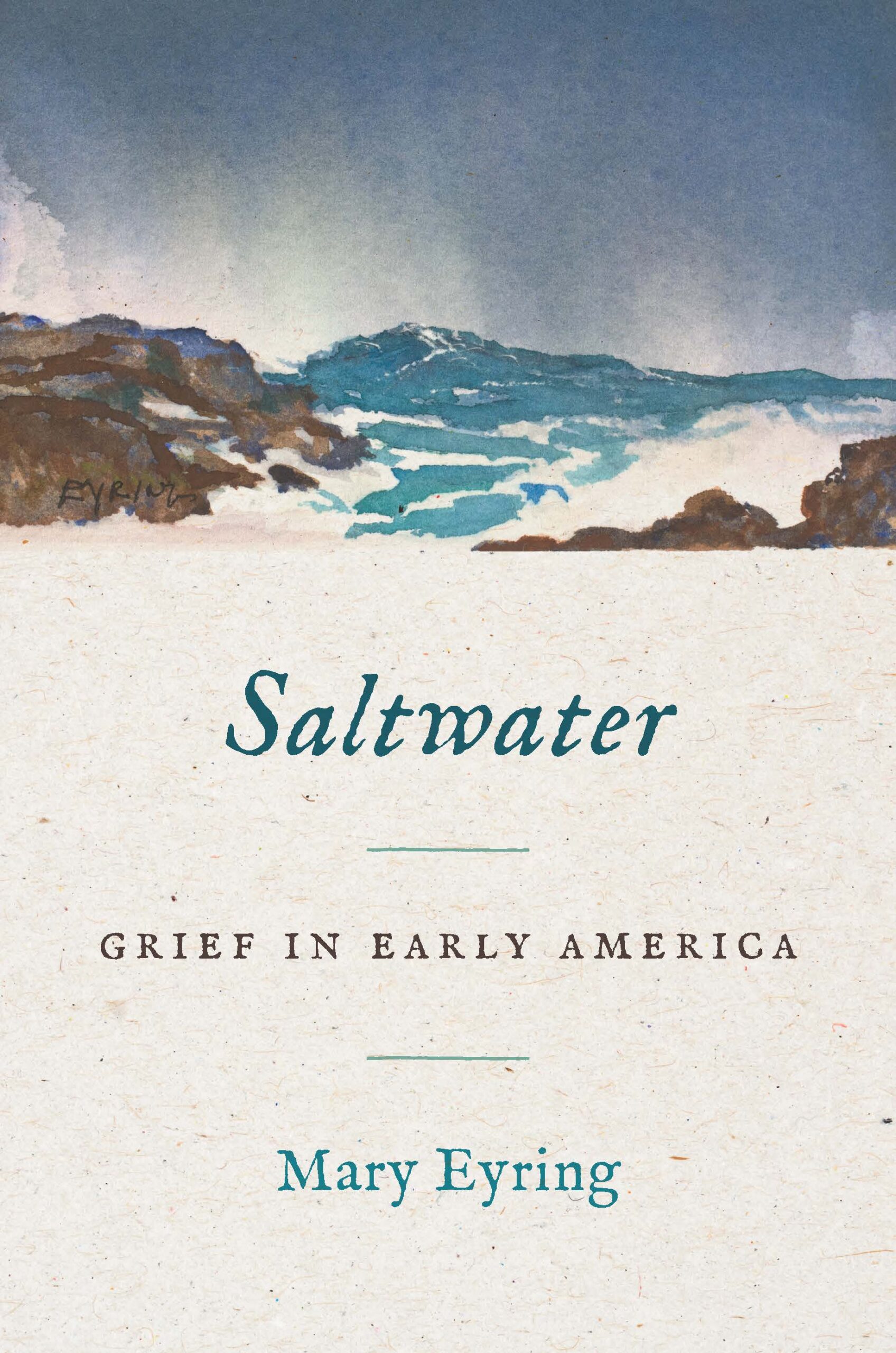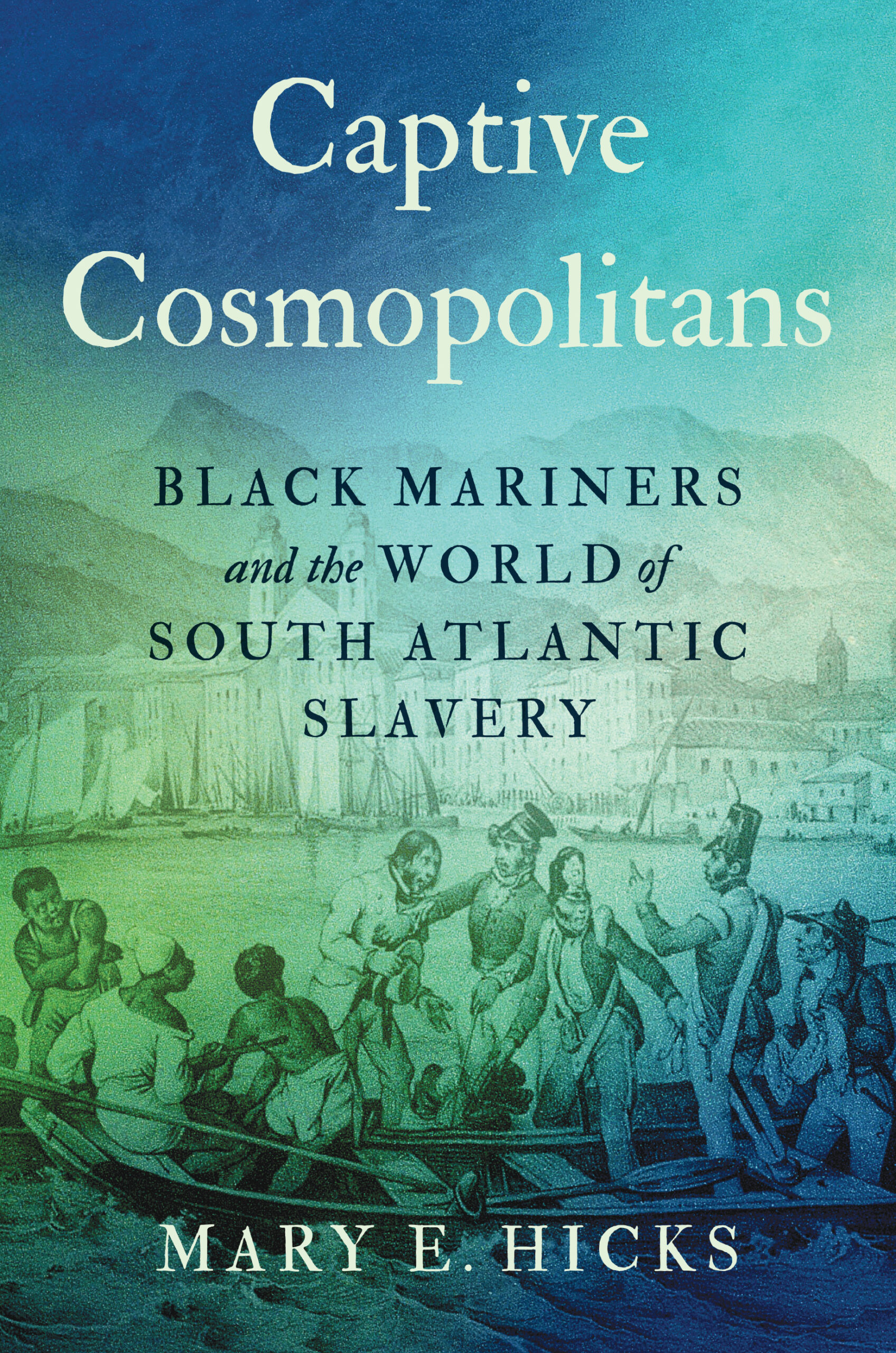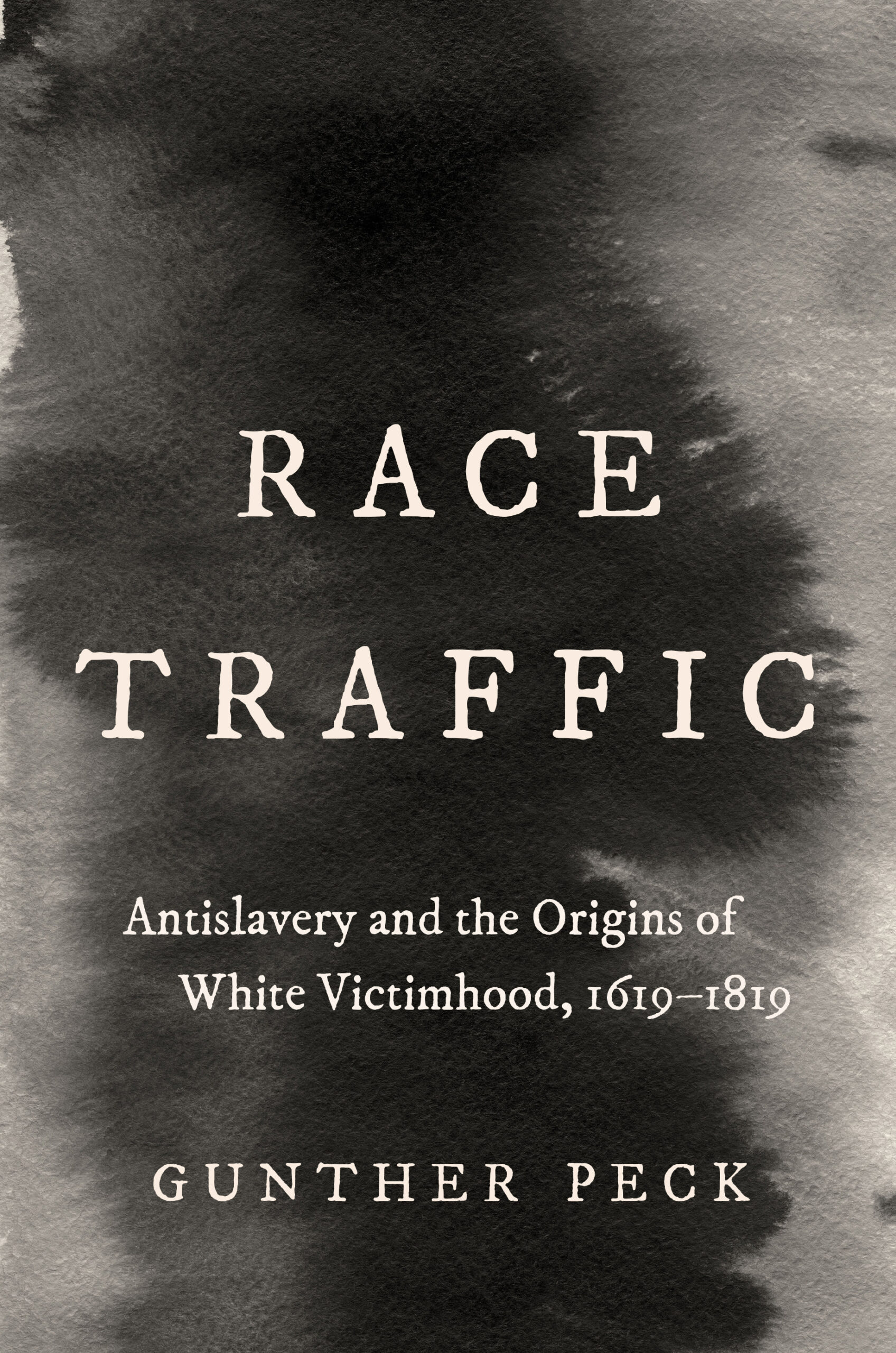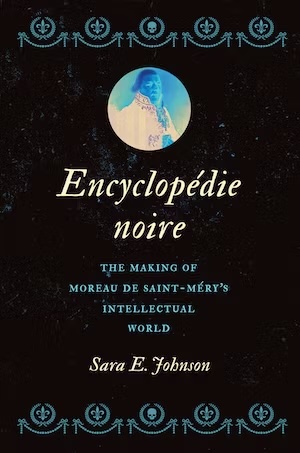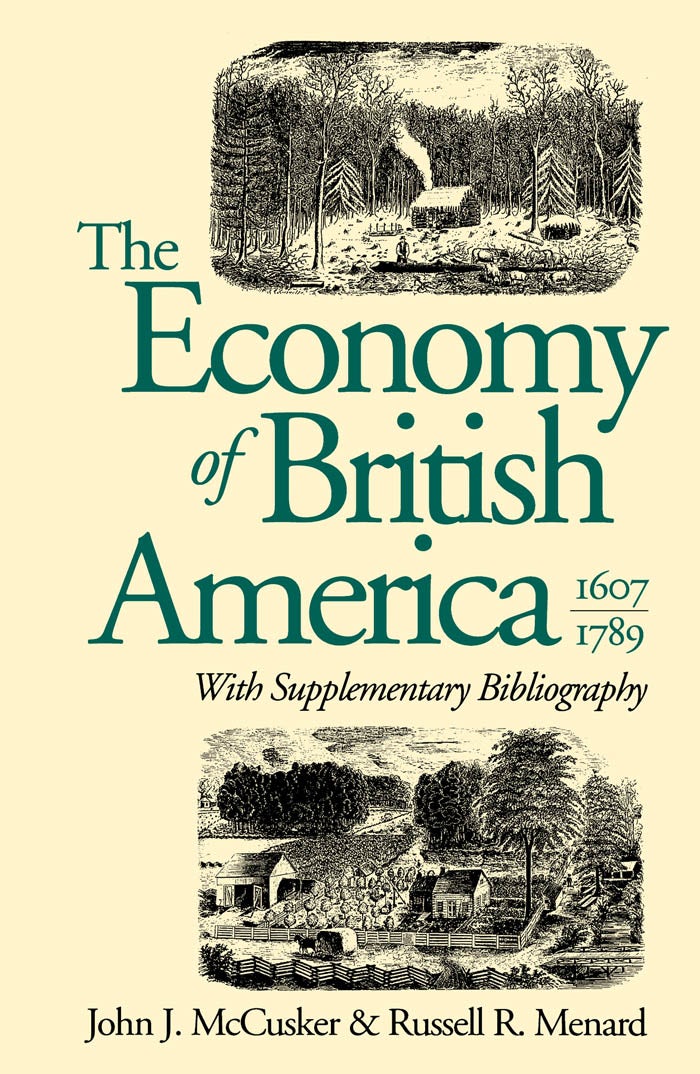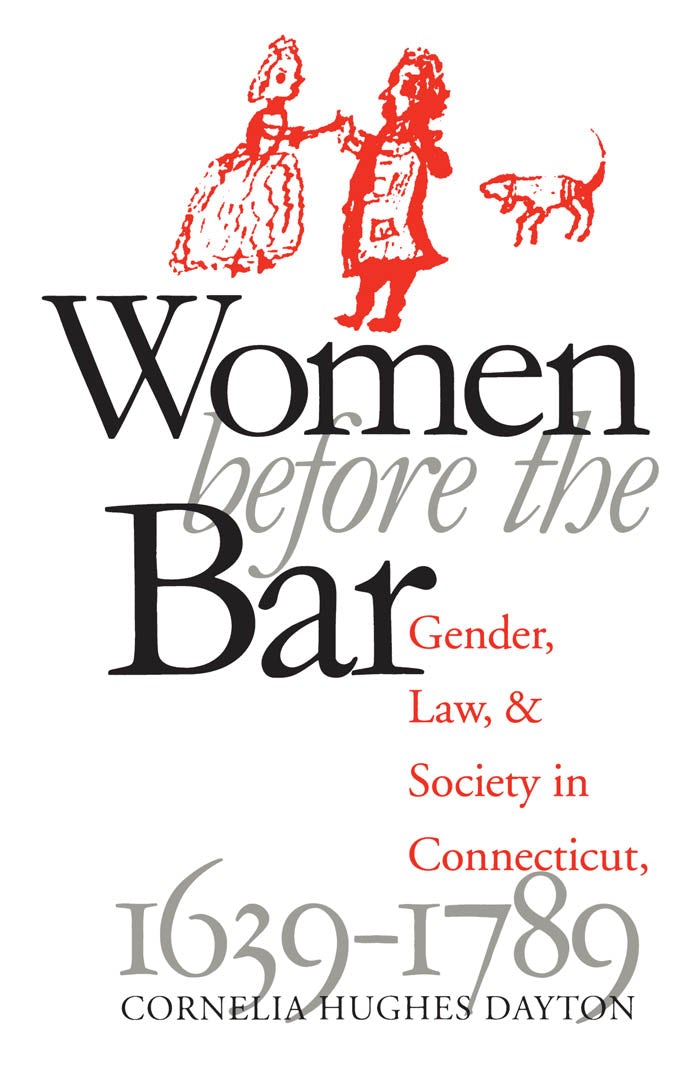
Women Before the Bar
Description
Women before the Bar is the first study to investigate changing patterns of women’s participation in early American courts across a broad range of legal actions–including proceedings related to debt, divorce, illicit sex, rape, and slander. Weaving the stories of individual women together with systematic analysis of gendered litigation patterns, Cornelia Dayton argues that women’s relation to the courtroom scene in early New England shifted from one of integration in the mid-seventeenth century to one of marginality by the eve of the Revolution.
Using the court records of New Haven, which originally had the most Puritan-dominated legal regime of all the colonies, Dayton argues that Puritanism’s insistence on godly behavior and communal modes of disputing initially created unusual opportunities for women’s voices to be heard within the legal system. But women’s presence in the courts declined significantly over time as Puritan beliefs lost their status as the organizing principles of society, as legal practice began to adhere more closely to English patriarchal models, as the economy became commercialized, and as middle-class families developed an ethic of privacy. By demonstrating that the early eighteenth century was a crucial locus of change in law, economy, and gender ideology, Dayton’s findings argue for a reconceptualization of women’s status in colonial New England and for a new periodization of women’s history.
About The Author
Cornelia Hughes Dayton is associate professor of history at the University of California, Irvine.
Awards
Homer D. Babbidge Jr. Award, Association for the Study of Connecticut History (1996)
Choice Outstanding Academic Title (1996)
Reviews
“Finely crafted. . . . Tackles questions that have long engaged feminist historians and other scholars interested in women and the law.”–Signs
“A welcome legal history, sophisticated in its presentation of the law, fascinating in its presentation of the past. . . . Professors looking for a readable text for graduate courses in legal history or colonial America should consider this book. . . . A book that will engage readers for a long time to come.”–Law and History Review
“An ambitious, well-written, meticulously researched, and tremendously successful book. In the coming years, early Americanists, legal historians, and historians of women and gender will all need to come to terms with Women Before the Bar.”–Reviews in American History
“Women Before the Bar is already indispensable in my women’s history courses. Dayton explains complex legal and social matters with great clarity. Nineteenth- and twentieth-century developments become more understandable because of what she has taught us about early American society.”–Linda K. Kerber, author of Toward an Intellectual History of Women
“Dayton’s pioneering study adeptly serves as a creative lynchpin convening the subfields of American legal history, women’s studies, and social history. Her thoroughly researched analysis of women’s participation in and treatment by pre-nineteenth century Connecticut courts provides one of the most insightful accounts of early American legal culture in years.”–Choice
“This book sets a new standard for early American legal and women’s history. . .. Not only is it the new starting point for all discussion of colonial and revolutionary America, but it is a major contribution to colonial history generally.”–American Historical Review
“Women before the Bar is must reading for anyone interested in the legal history of colonial courts or in the use of court records for tracing the social and cultural history of women and gender.”–William and Mary Quarterly
“This book is meticulously researched, nicely organized, well written, and persuasively argued.”–Gender and Society
“Women before the Bar is a must read for anyone interested in colonial history, women’s history, or the broad trends that shaped early American society.”–Journal of American History
“Women before the Bar is the finest work on the legal history of women, of any period. . . . Dayton succeeds so well that the result is not just first-rate legal history or women’s history, although it is both, but superb history.”–Bruce H. Mann, University of Pennsylvania
